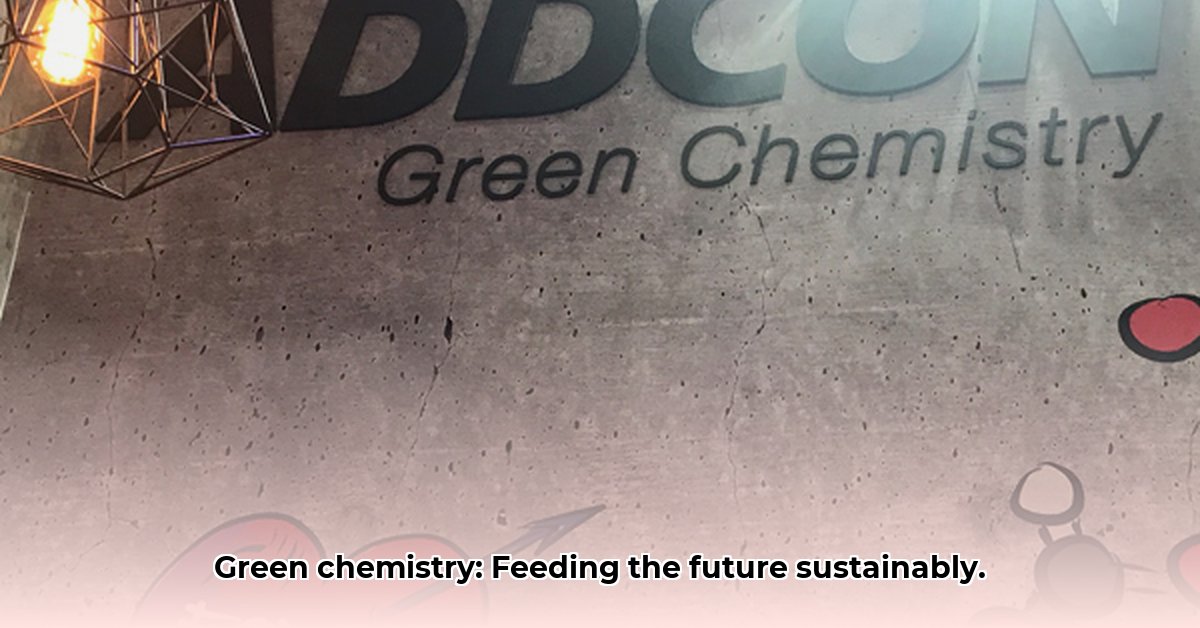
ADDCON's Sustainable Chemistry Practices: A Review and Instructional Guide
ADDCON, a German chemical company, manufactures organic acids and salts for the food, feed, and other industries. The company publicly declares a commitment to sustainable chemistry practices. This review critically analyzes ADDCON's claims, evaluates the supporting evidence, and identifies areas requiring greater transparency. Furthermore, it provides actionable recommendations for ADDCON and other stakeholders to advance sustainable practices within the industry.
Review of ADDCON's Stated Sustainable Practices
ADDCON highlights several key aspects of its purportedly sustainable operations on its website, including the use of natural ingredients and the implementation of efficient production processes. The company boasts several ISO certifications (ISO 9001, 14001, and 50001), indicating adherence to established quality, environmental, and energy management systems. However, the absence of specific quantitative data regarding CO2 emissions, energy consumption, and waste generation limits the ability to objectively assess the environmental impact of ADDCON's operations. The reliance on ISO certifications alone is insufficient for a comprehensive evaluation of sustainability. Similar to evaluating the nutritional value of a food product, relying solely on a general "healthy" label is inadequate without detailed nutritional information. Detailed environmental impact reporting is necessary for a complete picture.
Critical Analysis: Identifying Gaps in Information
While ISO certifications demonstrate compliance with established standards, they do not offer a complete assessment of ADDCON's sustainability. The lack of publicly available data on key environmental metrics hinders independent verification of the company's claims. Specifically, detailed Life Cycle Assessments (LCAs) are crucial for evaluating the environmental impact of ADDCON's products throughout their entire lifecycle, from raw material sourcing to end-of-life disposal. Without this information, it is difficult to determine the true environmental benefits of ADDCON's operations relative to industry standards or alternative production methods. Furthermore, the origins of ADDCON's "natural ingredients" remain unclear, leaving a gap in the assessment of their overall sustainability. The absence of data on waste management practices (type, quantity, and disposal methods) further limits the evaluation of ADDCON’s environmental performance.
Instructional Guide: Actionable Recommendations
This section offers specific, actionable recommendations for ADDCON, its customers, regulators, and investors.
For ADDCON:
- Publish Comprehensive LCAs: Publicly release detailed LCAs for all major products, providing transparent data on environmental impacts across the entire product lifecycle. This will enhance transparency and build stakeholder trust.
- Quantify Environmental Performance: Provide specific, verifiable data on CO2 emissions, energy consumption, and waste generation, setting quantifiable targets for continuous improvement.
- Enhance Website Transparency: Improve the accessibility and clarity of sustainability-related information on the company website, providing easily understandable data and methodologies.
- Seek Independent Verification: Engage reputable third-party auditors to independently verify sustainability claims, bolstering credibility and transparency.
- Invest in R&D: Invest in research and development to identify and implement further sustainable innovations in production processes and materials, including exploring alternative and renewable raw materials.
For ADDCON’s Customers:
- Demand Transparency: Request detailed information on the environmental impact of purchased products, including LCAs and evidence of independent verification.
- Prioritize Sustainable Suppliers: Favor suppliers committed to transparent sustainability practices and verifiable environmental performance.
For Regulators and NGOs:
- Mandate Comprehensive Reporting: Implement regulations requiring chemical companies to provide detailed environmental performance reports, including LCAs and key sustainability metrics.
- Strengthen "Green Chemistry" Standards: Develop and enforce robust standards defining "green chemistry" claims, ensuring alignment with actual environmental performance.
- Promote Independent Verification Programs: Support and promote independent verification programs for sustainability claims, increasing public trust and accountability.
For Investors:
- Integrate ESG Factors: Incorporate Environmental, Social, and Governance (ESG) criteria into investment decisions, demanding transparency and verifiable environmental performance from investee companies.
- Hold Companies Accountable: Demand detailed environmental reporting and independent verification from companies in which investments are made, incentivizing sustainable practices and transparency.
Conclusion
ADDCON's commitment to sustainable chemistry is a positive step, but the lack of comprehensive, verifiable data currently limits an objective assessment of its environmental performance. Greater transparency, including the publication of detailed LCAs and independent verifications, is crucial for building trust and driving improvements in the industry. Collaboration among stakeholders, including companies, regulators, NGOs, and investors, is essential for fostering a truly sustainable future for the chemical industry and responsible organic acid production.